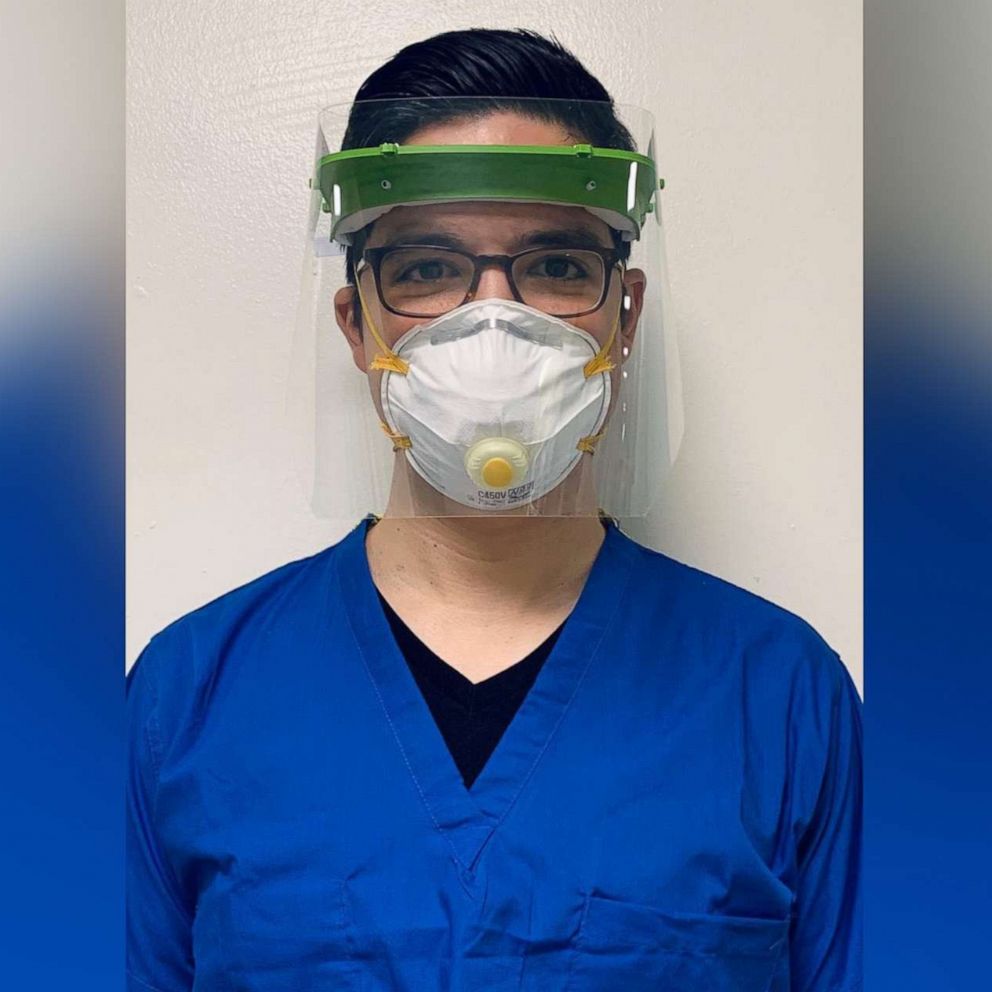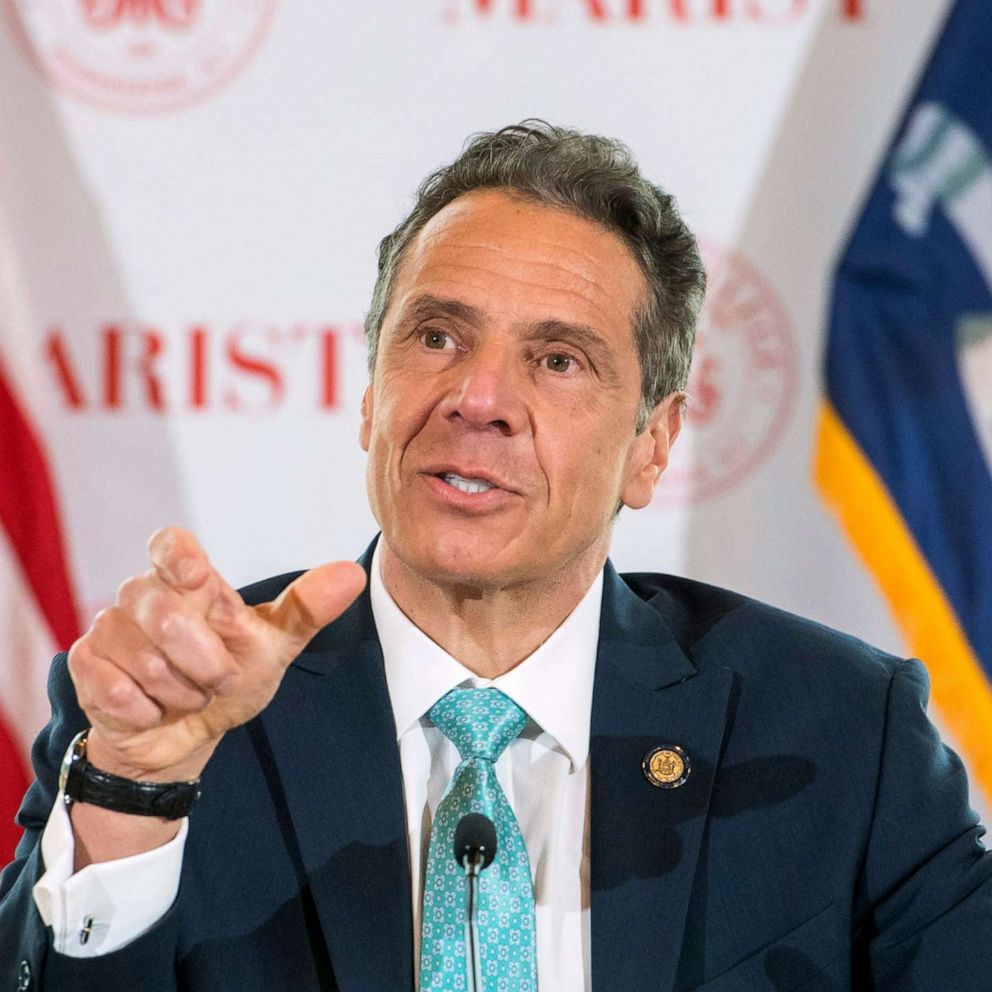How to vacation safely amid the coronavirus pandemic
There's no way to completely eliminate your risk. But you can take precautions.
Guidance on non-essential travel from the Centers for Disease Control and Prevention (CDC) has not relaxed because summer is upon us. "Travel increases your chances of getting infected and spreading COVID-19," the agency notes on its website. "Staying home is the best way to protect yourself and others from getting sick."
But with states across the country reopening and more Americans leaving home than they were in early April, it's all but inevitable that some will test the waters with a vacation or weekend away this summer, even if those trips look different than in previous years.
Can Americans vacation safely during a pandemic?
Experts say there's no way to completely eliminate your risk of contracting COVID-19 while traveling. But there are precautions you can take to reduce your chances of getting COVID-19 or sickening others while vacationing.
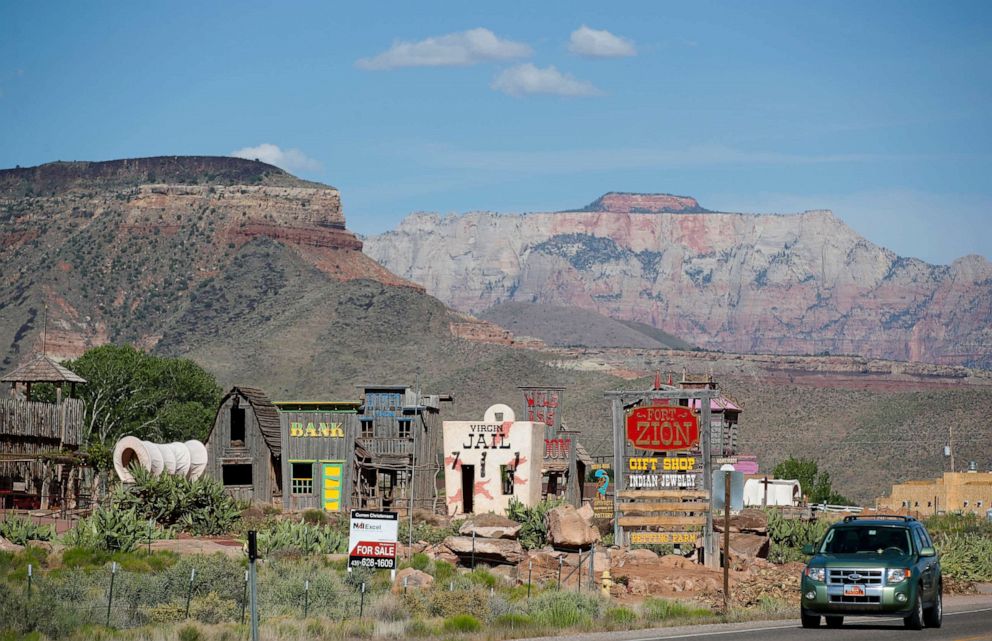
First the ground rules. If you're leaving your community, never travel if you are sick or have been exposed to someone with COVID-19, the CDC warns. Similarly, you shouldn't travel with anyone who is sick or who has been exposed to the virus.
And if you're coming from a high-transmission area, there's a chance you might be an asymptomatic carrier. Take extra precautions to avoid spreading the virus to an area that hasn't seen many cases yet.
Spontaneity is not your friend this summer.
Bring a face mask to wear in public places. Plan ahead by packing food and water, in case restaurants and stores are closed, as well as enough hand sanitizer and medicine to last you for your entire trip. Check the guidance of the state and local health departments in your planned destination and along your route before you leave. State or local governments may have stay-at-home orders in effect, mandated quarantines upon arrival (Hawaii for instance), or checkpoints at state borders. Follow those instructions accordingly.
Will this be a normal summer? "Definitely not," said Joseph Allen, assistant professor of exposure assessment science at the Harvard T.H. Chan School of Public Health.
"And it also shouldn’t be," he added.
With those basics in mind, here's how you can vacation as safely as possible this summer, experts say.
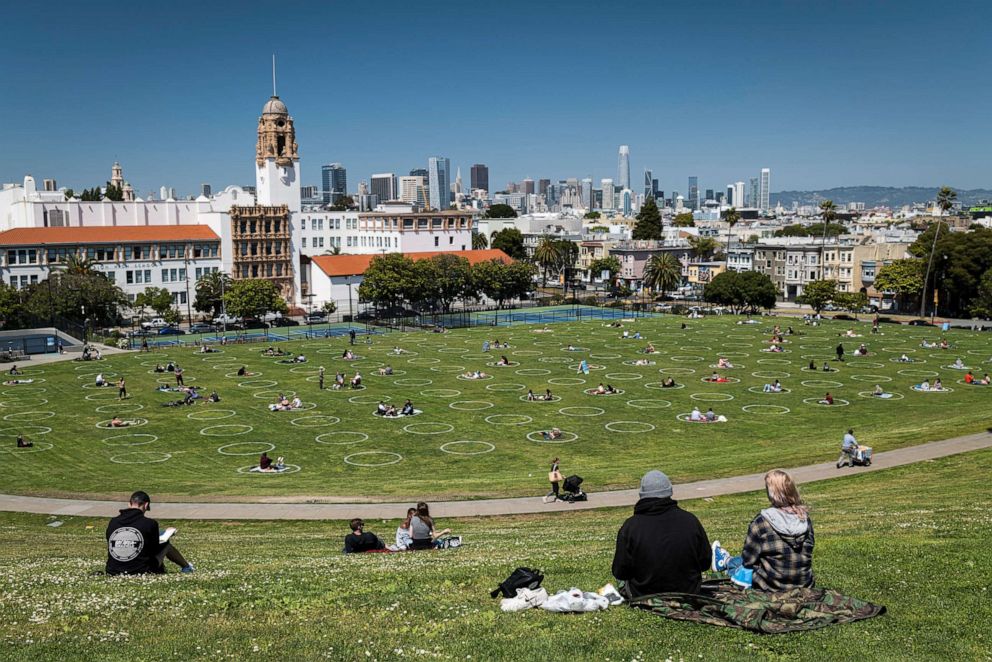
At the beach or park:
Since the virus that causes COVID-19 is harder to transmit outdoors, outside spaces, including beaches, parks and hiking trails are good options for Americans who have been cooped up in their homes in apartments all spring.
But since those areas can also easily become crowded, it's still important to stay 6 feet from others and practice social distancing, even while outdoors. Practice universal mask wearing when social distancing is not possible.
Many popular national parks that closed in response to COVID-19 are reopening, which worries advocates, who are concerned about an influx of out-of-state visitors and limited park staff trying to enforce social distancing.
The risk of crowding is real, Allen explained, and Americans should be prepared for it.
"The burden is not just not the parks and park rangers, but it’s also on people," he added. Maintain physical distance between yourself and others, and if you need to pass within 6 feet of someone, put your mask on.
The same goes for beaches, most of which haven't previously had to manage flows of people the way that parks have. Beaches may want to set up walking lanes, so that people aren't threading through blankets at close range and reduce available parking spaces to limit density on the beach. Many places with beaches are already taking action to reduce density.
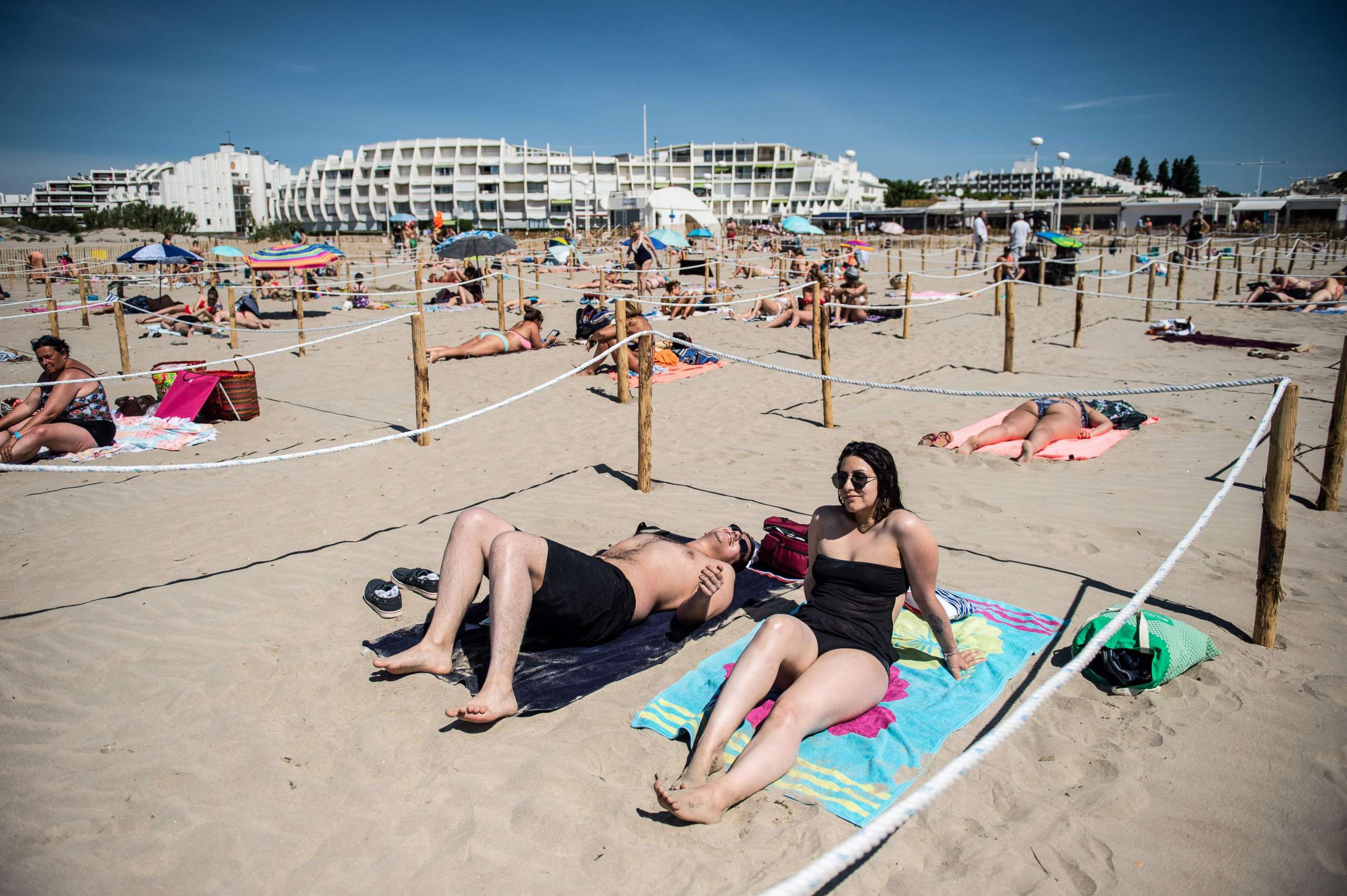
If crowded beaches need to turn visitors away, Americans should accept that they may not be able to go to their favorite beach on a certain day, Allen explained.
"We should view loosened restrictions on parks and beaches as a privilege that will be revoked if crowds don't act appropriately," he said.
"People are going to have to act responsibly," he added.
As for the ocean itself, experts are say that the risk lies with transmission between people. There's no evidence that the virus can be transmitted through water.
At the pool:
The CDC has new guidance for using public pools as swimming facilities across the country begin to reopen for the summer.
While on the pool deck, bathers should keep their masks on and avoid gathering in groups, according to the CDC. Lifeguards should focus exclusively on water safety, and other staff members should be assigned to enforce social distancing rules.
If you visit a public pool, stay 6 feet from others on the pool deck. While swimming, remain 6 feet away from anyone you don't live with.
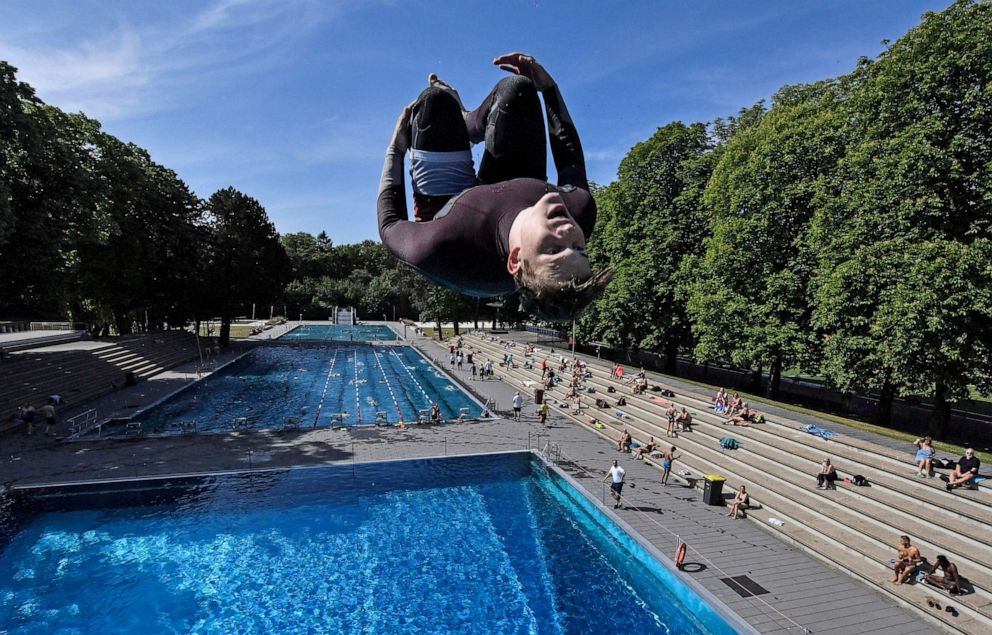
The only time you should take off your mask is while you're in the water.
"Cloth face coverings can be difficult to breathe through when they're wet," the agency said in its recommendation.
Again, there is no evidence of transmission of the virus through water and public pools are generally chlorinated.
When renting a car, boat, hotel room or AirBnB:
Do your research. Call ahead and ask what the company or host is doing to sanitize between guests.
"What special precautions are they taking?" asked Jack Caravanos, a clinical professor of environmental public health sciences at NYU's School of Global Public Health. Compare options and choose the company you feel most comfortable with from a safety and hygiene prospective.
Specifically, you should ask about COVID-19-specific changes to the company's cleaning practices, which a representative or the company website should be able to explain in detail. Outwardly visible signs that they went above and beyond a typical cleaning, like hand sanitizer or wipes in cars, are a good sign.
If you're renting a car or a boat, you may choose to wipe the surfaces down yourself, too. As for airing out a rental car for 30 minutes before getting into it, "that's probably overkill," Caravanos said.

You should similarly research rental companies if you plan to rent a boat, according to U.S. Coast Guard Capt. Adam Chamie, a commanding officer in Key West, Florida.
"I would do your due diligence in renting a boat, the same way you would with a hotel room," he explained.
In any situation, think about whether you'll be able to socially distance with ease. A sunset catamaran sail with 100 people? Not a good idea. A fishing charter with family members, on the other hand, may be able to be done safely. Be careful not to crowd spaces where boaters may gather, like marinas, and wear your face mask if you'll be within 6 feet of others.
He also warned against tying boats together to socialize.
"Would you raft-up your table together in restaurant with 10 other strangers?" Chamie asked. "The virus can be spread on the water between boaters who know each other, just like it can at a restaurant or grocery story, or on the streets of Brooklyn, " he said.
"It does't go away just because we’re on the water or on vacation."
When looking for a rest stop:
Rest stops are high-risk areas, according to Caravanos. Like airports, they may include crowds of people traveling from different areas.
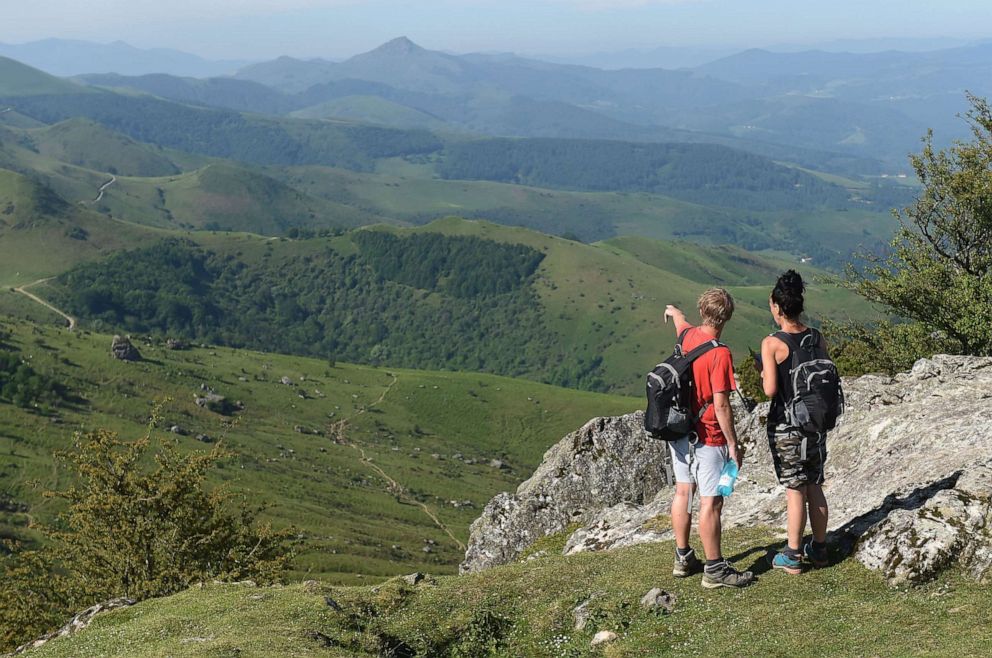
When looking for a rest stop, large open bathrooms with plenty of airflow may be a better option than an often-used gas station with a single toilet, Caravanos explained.
As always maintain social distancing, wear a face mask and practice proper handwashing. "That triad is a requirement," he added.
If you're flying:
If you choose to fly, both Caravanos and Allen said your exposure risk is greater at the airport and during transit to the airport than on the plane itself.
Wash your hands often during your trip, keep 6 feet from others at the airport, if possible, and wipe down your seat and tray. Wear a mask the whole time. Masks generally help to protect others from you, but N95 masks, if worn properly, can help protect you as well.
Traveling from an outbreak hotspot to a place with few infections:
If the virus is spreading in your community, "be mindful that you might be a carrier," warned Allen. If you're traveling from a COVID-19 hotspot, like New York City or Chicago, you could unknowingly spread the virus to an area that doesn't have a large outbreak yet.
Heed the guidance state and local health departments are putting out for visitors from other states. In Massachusetts, for example, people traveling from out of state are "instructed" to quarantine for 14 days. A Vermont mandate requires that out-of-stater travelers quarantine for 14 days upon arrival and should not go out for groceries, walks, hikes or bike rides.
"People have to abide by these rules themselves," Allen said. "It’s a social trust moment."
If you or a loved one is in a high-risk category:
Everything changes if you, or a family member or partner you'd normally travel with, is in a high-risk category for contracting a severe case of COVID-19. For individuals with underlying conditions, especially older Americans, COVID-19 can be especially deadly.
"I don't think the risk is very high, but the consequences are high. I’m not sure this is the time for family reunion in Vermont with a lot of people," Caravanos said.
For older individuals and high-risk groups, he added, "I would say, sit it out."
Tune into ABC at 1 p.m. ET and ABC News Live at 4 p.m. ET every weekday for special coverage of the novel coronavirus with the full ABC News team, including the latest news, context and analysis.

